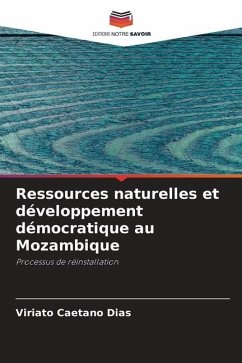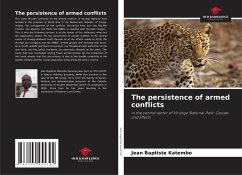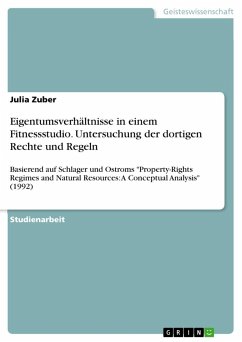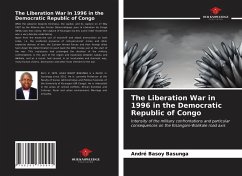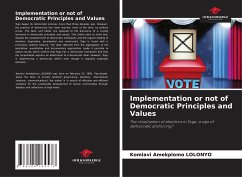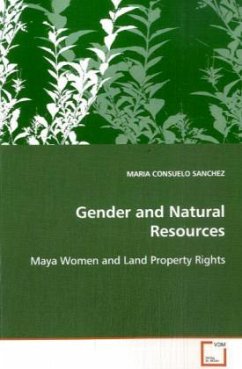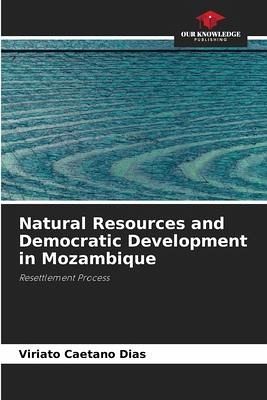
Natural Resources and Democratic Development in Mozambique
Resettlement Process
Versandkostenfrei!
Versandfertig in 6-10 Tagen
55,99 €
inkl. MwSt.

PAYBACK Punkte
28 °P sammeln!
With the end of the civil war and the advent of peace in 1992, Mozambique experienced a boom in natural resources, with a focus on coal, together with the discovery of natural gas deposits in the Rovuma basin. The existence of these resources triggered the interest of transnational mining and oil companies, factors that increased expectations of the country's material growth. The exploitation of these resources led to the relocation of families who lived in the coal production areas to the localities of Cateme and Mualadzi, in Moatize, carried out by Vale, Riversdale and Rio Tinto. The resettl...
With the end of the civil war and the advent of peace in 1992, Mozambique experienced a boom in natural resources, with a focus on coal, together with the discovery of natural gas deposits in the Rovuma basin. The existence of these resources triggered the interest of transnational mining and oil companies, factors that increased expectations of the country's material growth. The exploitation of these resources led to the relocation of families who lived in the coal production areas to the localities of Cateme and Mualadzi, in Moatize, carried out by Vale, Riversdale and Rio Tinto. The resettlement process, which is causing a stir among human rights watchdogs and the companies mentioned above, was marked by serious irregularities that violate the Constitution of the Republic of Mozambique and human rights, particularly those of the affected populations.



